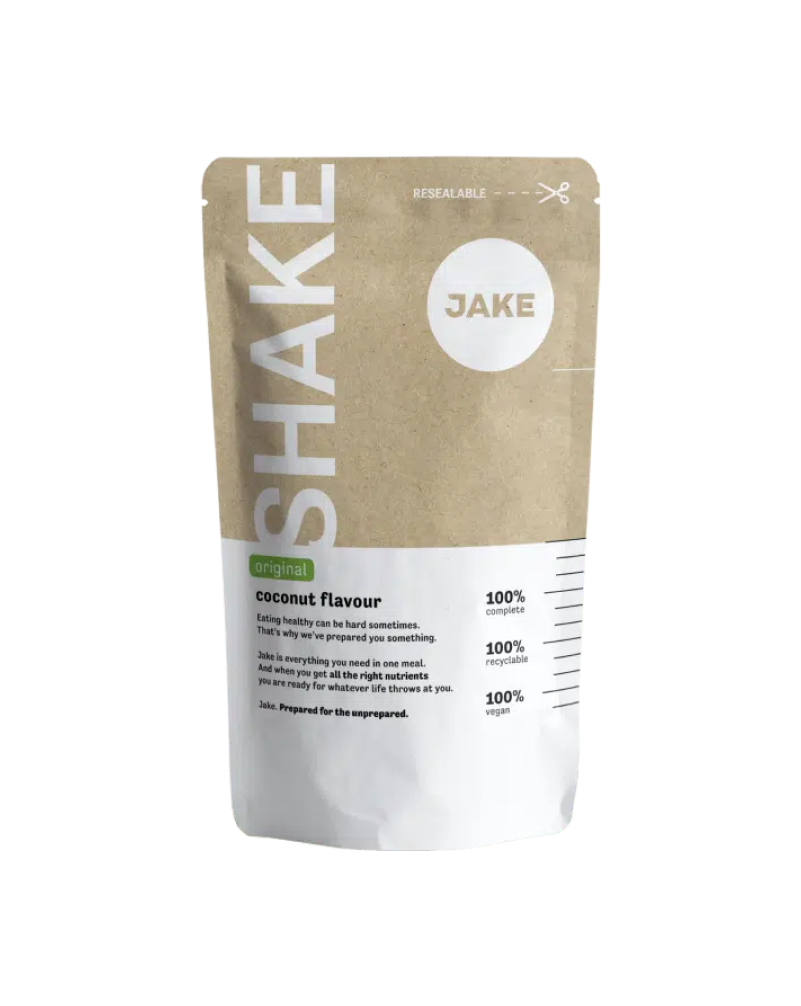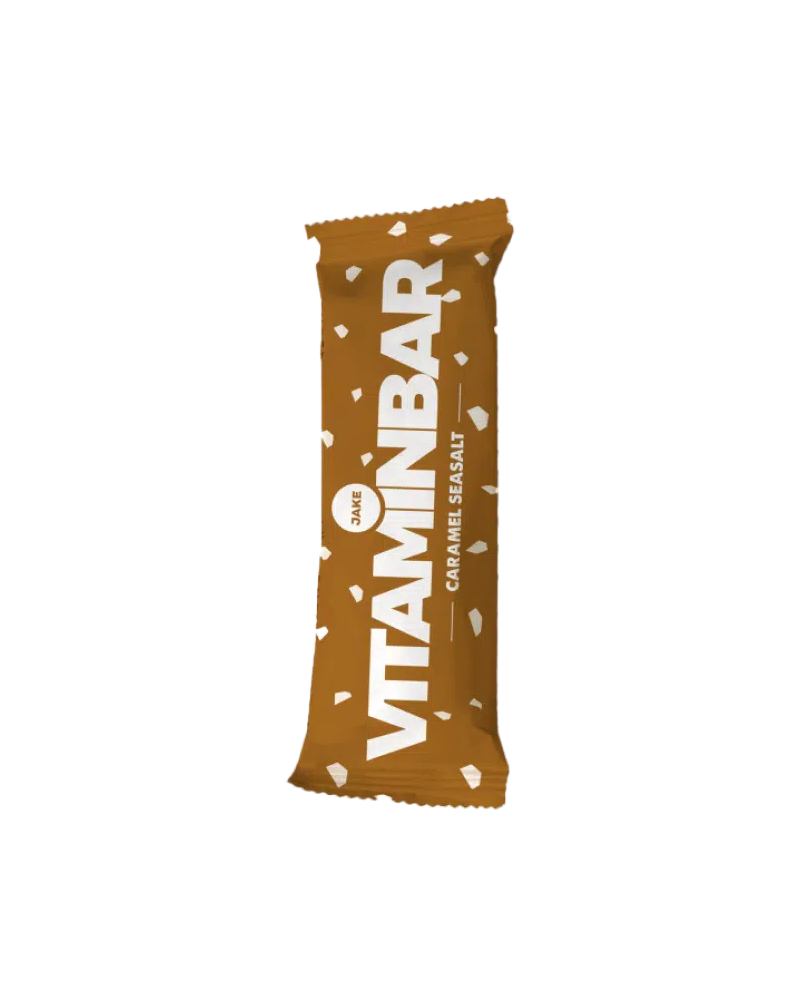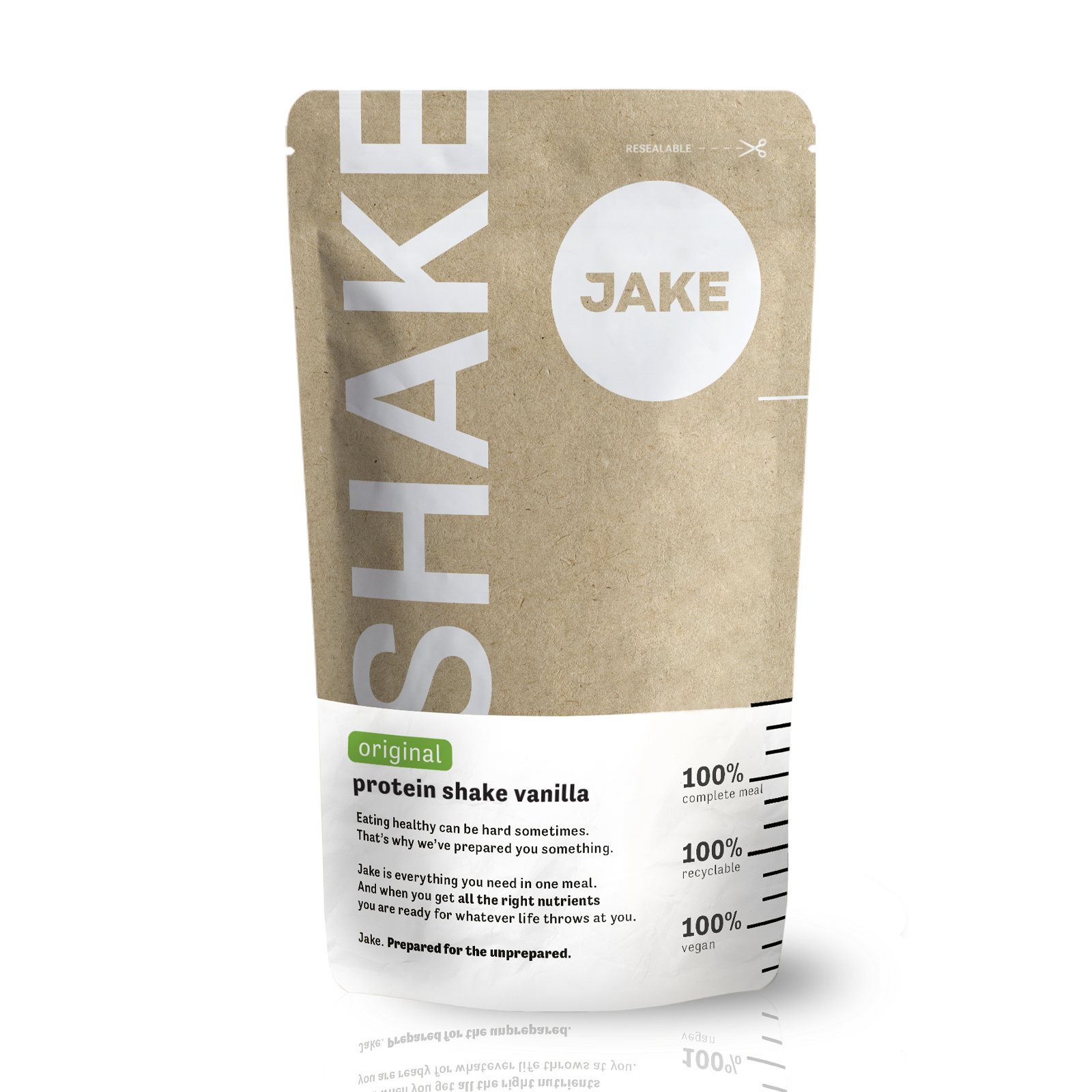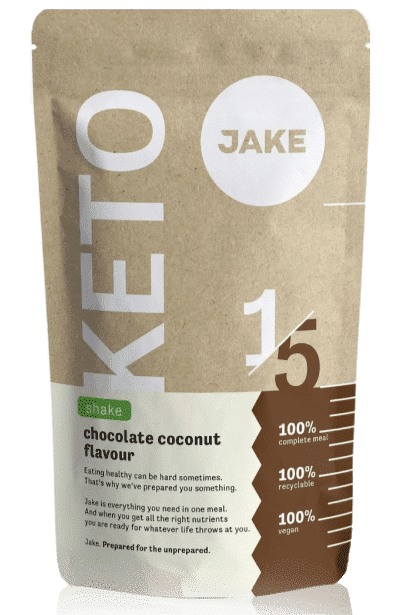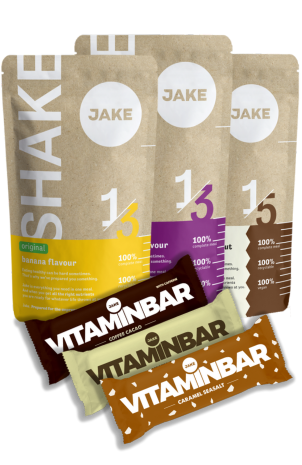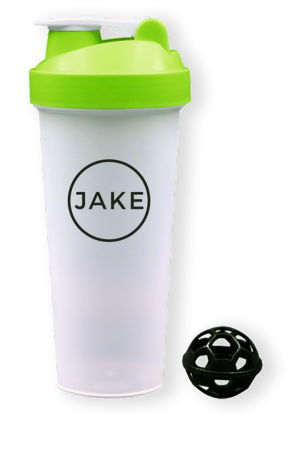5-minute read•March 20th, 2019
If the word ‘mineral’ brings back memories of your sixth-grade Earth science teacher passing around a rock in class, you’re in the right direction. Minerals are the building blocks of rocks, gems, ores, the Earth’s crust. And, you.
Regardless of whether you knew that already or your knowledge of minerals stayed at its sixth-grade level, there’s always something minerals can surprise you with. Here, we’ve put together the most important things you should know about them – from what they are, to why you need them and how you can get them.
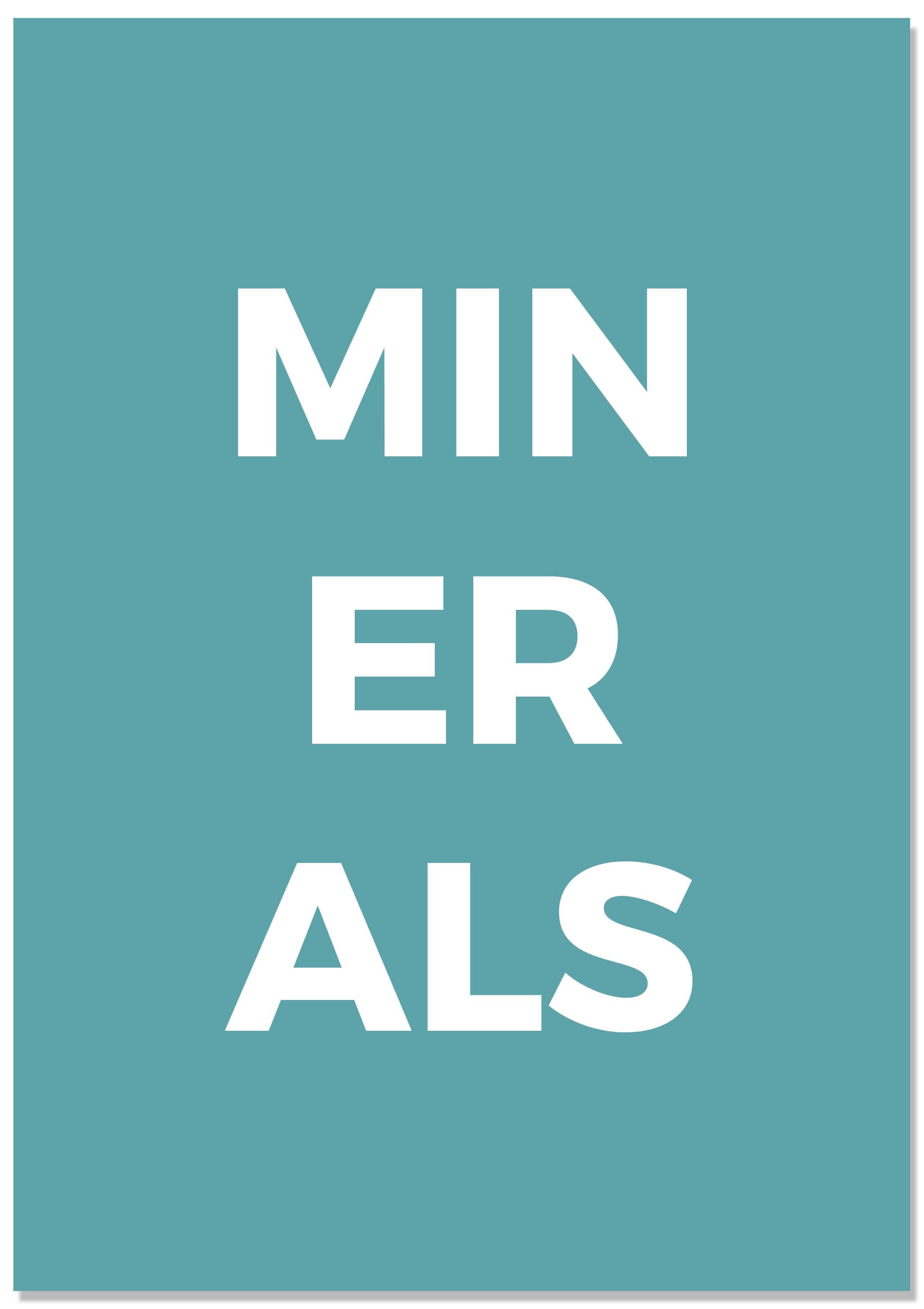
What are minerals?
Minerals are naturally-formed solid inorganic compounds. Or, simply put: anything that is solid, isn’t created by humans, has never been alive and isn’t made of anything that has been alive, is a mineral.
Currently, we know of over 5,000 minerals. But only 15 of them are relevant for your health. These are: Potassium, Chlorine, Sodium, Calcium, Phosphorus, Magnesium, Iron, Zinc, Manganese, Copper, Iodine, Chromium, Molybdenum, Selenium, and Fluoride.
And just to help you visualise how important minerals are, here’s what you would get if you would break down your body into its basic componentsBased on a total body weight of 62 kg.:
6.4 kg Hydrogen
17.5 kg Carbon
1.5 kg Nitrogen
1.0 kg Calcium
0.54 kg Phosphorus
110 g Sulfur
72 g Sodium
120 g Potassium
76 g Chlorine
17 g Magnesium
18 g Silicon
2.5 g Iron
2.4 g Zinc
83 mg Copper
31 mg Iodine
12 mg Manganese
4.2 mg Fluorine
6.2 mg Chromium
5.4 mg Selenium
4.9 mg Molybdenum
1 mg Cobalt
You’ve probably noticed that your body’s ingredients list contains all the essential minerals we mentioned. So, what do they exactly do?
What do minerals do?
Imagine your body is a busy airport. Each plane is a vital function and the pilot on each plane is an enzyme or a hormone responsible for that function. In this scenario, minerals would be the air traffic controllers, making sure everything is running smoothly. If you remove them, some planes might continue running for a while, but eventually, there will be chaos.
This is no exaggeration. There are as many functions of minerals in your body as there are minerals.
Where do we get our minerals?
As a new-born baby, your body contains some minerals, courtesy of your mom. But unfortunately, what you’re not born with and never acquire is the ability to make minerals yourself. That’s why you need to get them from food and water.
Luckily, minerals are found in a variety of foods and many types of drinking water. Different foods contain different minerals, which is why a diverse diet is your best bet for fully meeting your mineral needs. Keep in mind, though, that mineral content can vary a lot even within the same food. The reason is that minerals mostly get into your food from the soil. One notable exception is seaweed.. So, the mineral content of any plant or the meat of any animal that ate that plant, essentially depends on the mineral content of the soil where the plant was grown.
Minerals in Jake
Jake meal replacement shakes provide you with at least 33% of all the essential dietary minerals per meal. That means that 3 meals of Jake Light or Jake Original would provide your total requirement of minerals for the day. This doesn’t mean you have to eat 3 meals of Jake per day. But, when you do eat a meal of Jake, you get exactly the right amount of minerals in for that meal. As Jake Sports is based on 4 meals a day, 1 meal of Jake Sports provides 25% of every mineral.
Get your meal shakes here.

